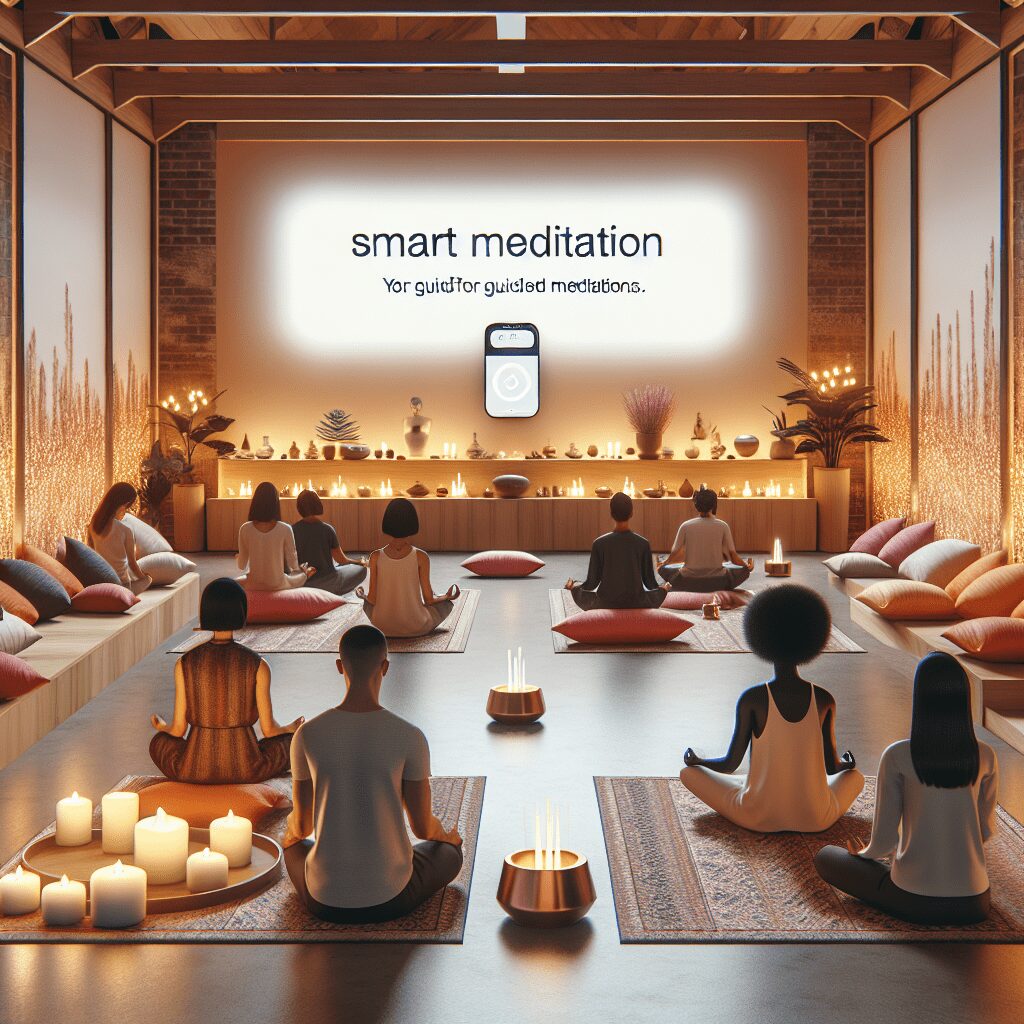
Prioritize your mental well-being daily. Enhance your life by nurturing your mental health with the Smart Meditation app. Break free from stress, alleviate anxiety, and enhance your sleep quality starting today.
How To Tell If Birth Control Is Causing Depression And Anxiety?
Breaking Down the Link: Birth Control, Depression, and Anxiety
Navigating the complex web of birth control options and their effects on mental health can feel like trying to decipher a cryptic puzzle. With the array of choices ranging from pills to patches, understanding the potential impact of these contraceptives on one’s emotional well-being is paramount. For many, the big Q is: How can you tell if your method of contraception is playing puppeteer with your moods?
Deciphering the Signals: Signs Your Birth Control Might Be the Culprit
While the subject of birth control causing depression and anxiety remains a hotbed of debate among experts, anecdotal evidence and some studies suggest there could be a connection for some individuals. Here’s how to decode the signs:
- The Sudden Onset: If you’re suddenly feeling like a raincloud’s permanently parked itself over your head post starting a new contraceptive, it might not just be a bout of bad weather.
- Mood Swings on Steroids: We’re talking about emotional pendulum swings that could give Tarzan a run for his money. If mood fluctuations become your new normal, your birth control could be the unseen force.
- Anxiety That Pops Up Out of Nowhere: Feeling jittery, on edge, or suddenly developing an inner monologue that’s more doom and gloom? If these unwelcome guests arrived around the same time as your new contraceptive, there might be a link.
- Your Libido Takes a Vacation: If your sex drive decides to take a hiatus, it could be an indicator. No, we’re not just talking about a weekend getaway; think more along the lines of a sabbatical.
Sherlock Holmes Your Way Through: Investigating Further
Before you jump to conclusions and toss your contraceptives out the window, here are a few steps to consider:
- Consult the Oracle (Your Doctor): Before making any moves, have a heart-to-heart with your healthcare provider. They can offer insights, suggest alternatives, or even debunk myths.
- Keep a Mood Diary: Jot down your mood swings, anxiety levels, and any other emotional rollercoasters. This can help pinpoint whether there’s a pattern correlating with your contraceptive use.
- Consider Your Baseline: Reflect on your emotional well-being pre-birth control. Were these uninvited emotional guests already crashing at your pad?
- Trial and Error: With your doctor’s guidance, you might consider switching to another form of birth control to see if the gloomy cloud dissipates.
Navigating the choppy waters of contraception and its impact on your mental health can seem overwhelming. Still, armed with the right knowledge and a proactive approach, you can make informed decisions that prioritize both your physical and emotional well-being. Remember, it’s your body, and understanding how it reacts to different stimuli is key to not only managing but thriving in your everyday life. So, keep an open dialogue with your healthcare provider and don’t shy away from exploring options that suit you best. After all, when it comes to birth control, one size doesn’t fit all.





